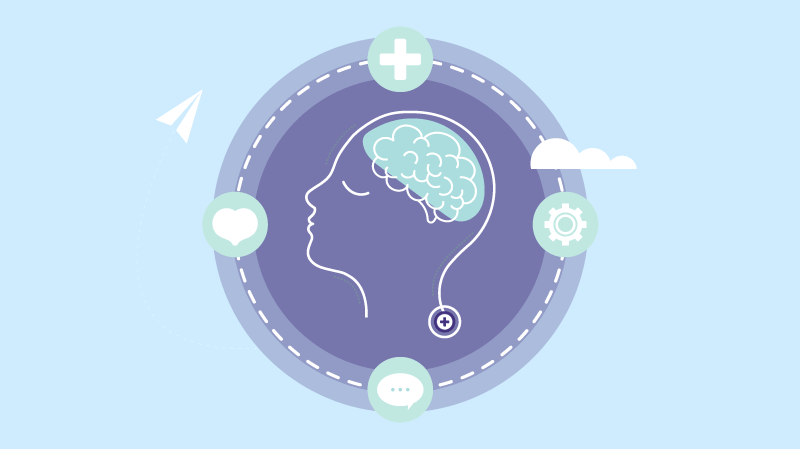Introduction
Behavioral remedy, a broadly practiced and effective form of psychotherapy, focuses on figuring out and editing dangerous behaviors to sell fantastic mental health. Rooted within the standards of mastering concept, this healing approach has evolved over the years and received reputation for its fulfillment in treating diverse intellectual health issues. In this newsletter, we are able to delve into the important thing ideas of behavioral therapy, its techniques, and its applications in selling lasting high-quality change.
Understanding Behavioral Therapy
Behavioral therapy is based on the premise that behaviors are learned and can be unlearned or modified through a systematic and structured approach. Unlike some other therapeutic modalities that delve deeply into the unconscious mind, behavioral therapy is pragmatic and goal-oriented. It targets to cope with specific issues through targeting the behaviors that contribute to or exacerbate mental health issues.

Key Concepts
- Behavioral Analysis: The first step in behavioral therapy involves analyzing and understanding the specific behaviors that contribute to a person’s difficulties. This analysis helps identify patterns, triggers, and the consequences of certain behaviors.
- Learning standards: Behavioral therapy attracts closely from mastering theories, in particular classical conditioning and operant conditioning. Classical conditioning entails associating two stimuli to provide a response, at the same time as operant conditioning makes a speciality of reinforcing or punishing behaviors to growth or lower their incidence.
- Goal Setting: Setting clear and achievable goals is a fundamental aspect of behavioral therapy. These goals provide a roadmap for the individual to work towards, promoting a sense of accomplishment and motivation.
Common Techniques
- Cognitive-Behavioral Therapy (CBT): Often used interchangeably with behavioral therapy, CBT combines cognitive and behavioral approaches. It not only addresses maladaptive behaviors but also examines and challenges the thoughts and beliefs that contribute to these behaviors.
- Publicity therapy: Effective for tension problems, exposure therapy entails progressively and thoroughly exposing individuals to the dreaded or averted stimuli. Through repeated exposure, the anxiety response diminishes through the years.
Systematic Desensitization: This technique helps people triumph over phobias by way of pairing relaxation strategies with gradually greater tension-inducing stimuli. The goal is to replace the tension response with a relaxation reaction. - Token Economy: Applied in institutional settings and with children, a token economy involves providing tangible rewards (tokens) for desired behaviors. These tokens can be exchanged for privileges or goods, reinforcing positive conduct.

Applications of Behavioral Therapy
- Anxiety Disorders: Behavioral therapy is particularly effective in treating various anxiety disorders, including generalized anxiety disorder, social anxiety, and phobias.
- Depression: Targeting negative behaviors and thought patterns, behavioral therapy helps individuals with depression regain a sense of control and develop healthier coping mechanisms.
- Addiction: Behavioral therapy plays a crucial role in addiction treatment by addressing and modifying the behaviors that contribute to substance abuse.
- Obsessive-Compulsive Disorder (OCD): Through techniques like exposure and response prevention, behavioral therapy helps individuals manage and reduce obsessive-compulsive behaviors.
Conclusion
Behavioral therapy stands as a testament to the transformative power of understanding, analyzing, and modifying behaviors to improve mental health. Via that specialize in concrete, observable moves, people can analyze new, more healthy approaches of thinking and behaving, ultimately main to tremendous and lasting change. Whether used independently or in conjunction with other therapeutic approaches, behavioral therapy offers a valuable toolkit for those seeking to overcome mental health challenges and enhance their overall well-being.

